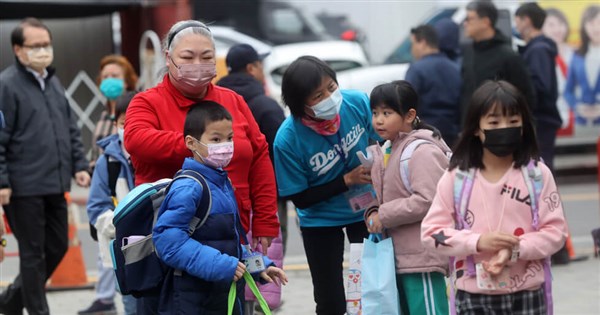Taipei, March 16 (CNA) Following the death of one person, the Ministry of Health and Welfare said on Friday that local governments must be involved in the care and evaluation process when children undergo adoption procedures in their area. It was announced that it would be done. The 0-year-old boy's death is believed to have been caused by abuse by his caregiver.
In a meeting with the Taipei and New Taipei City governments and the Children's Welfare Federation Foundation (CWLF), which were involved in the incident, the ministry said local governments need to play a greater role in the foster care system.
Current rules regarding the adoption process vary by local government, and the law lacks a clear explanation of who is responsible for each element, explained Zhang Meimei, deputy director of the ministry's Social and Family Bureau.
Therefore, there is a need to consult with local governments before making any amendments to the Protection of Children and Youth Welfare and Rights Act, Chan said.
Chan also said that the ministry must assign a holistic doctor (a doctor who provides individualized medical care and health management) to all children under the age of 3 undergoing adoption procedures, regardless of parental consent. He said he would guarantee that.
The ministry's decision came after the death of a boy from New Taipei in December who was left with a licensed nanny in Taipei who served as a foster parent for four months while the CWLF tried to find an adoptive family. It is believed that he was being abused.
The nanny and her sister, surnamed Liu, are both being held on suspicion of child abuse and manslaughter, but have not yet been charged.
There will also be clearer guidance on social worker check-ins during the adoption process, and social workers will be better trained to spot clues to child abuse, the ministry said.
Former Health Minister Xue Rui said the ministry plans to brief lawmakers on the matter on March 18.
More than 500 children in Taiwan are currently being put up for adoption because their parents are experiencing financial difficulties or their biological families are unable to raise them, according to children's rights groups. That's what it means.


